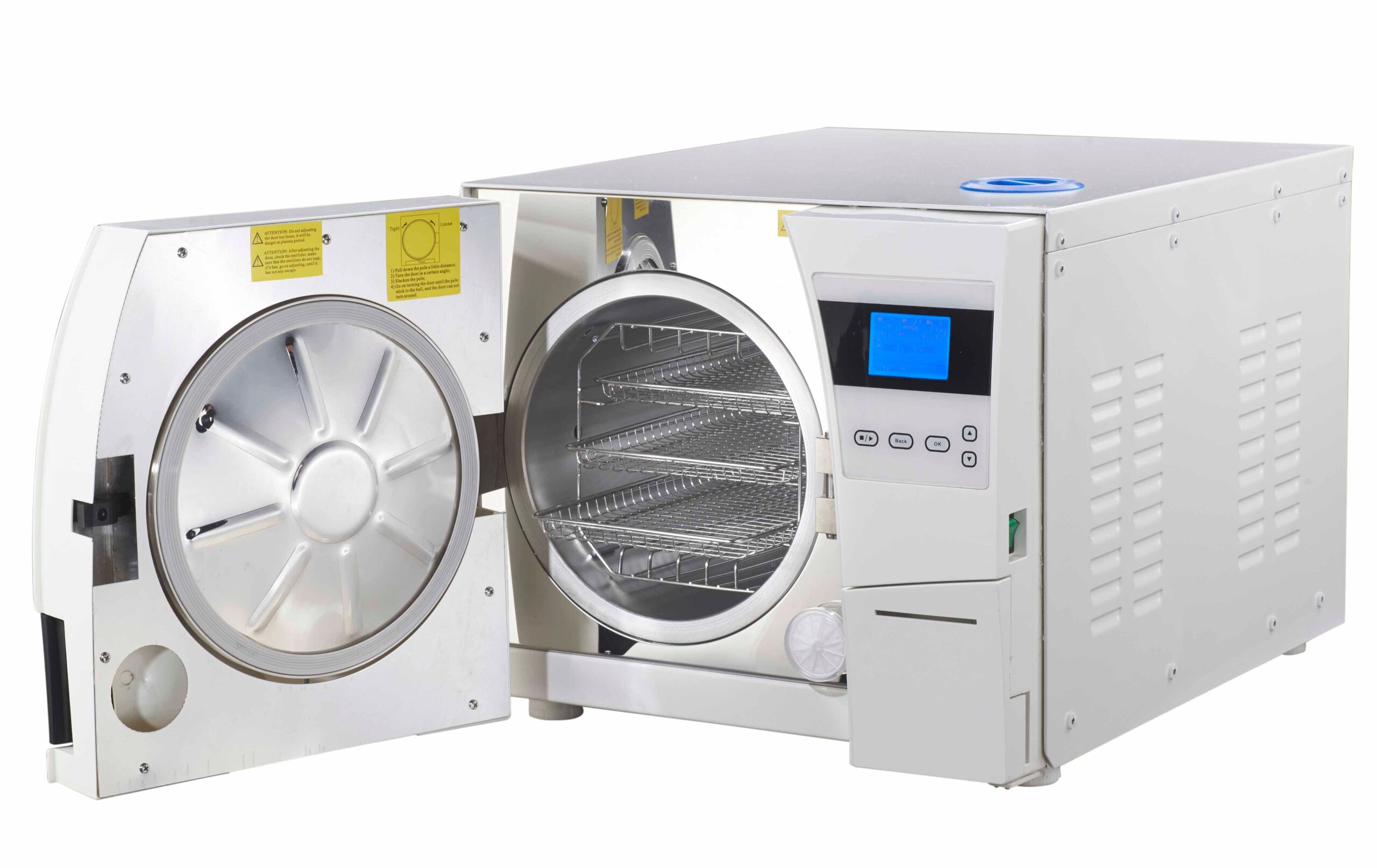Maintaining the functionality and safety of autoclaves is crucial in healthcare, laboratories, and various industries that rely on sterilization. Regular autoclave maintenance services ensure optimal performance, compliance with safety standards, and the longevity of the equipment. This article provides a comprehensive overview of autoclave maintenance services, their importance, and how to select the right provider.
What is an Autoclave?
An autoclave is a specialized device that uses high-pressure steam to sterilize equipment and materials. By effectively killing bacteria, viruses, and spores, autoclaves are essential for ensuring the safety of surgical instruments, laboratory tools, and other items that must be free of contaminants.
Types of Autoclaves
- Gravity Displacement Autoclaves: These work by allowing gravity to push air out of the chamber, enabling steam to fill it effectively.
- Vacuum Autoclaves: These utilize a vacuum process to remove air, enhancing steam penetration for more efficient sterilization.
- Flash Autoclaves: Designed for quick cycles, these are ideal for instruments needed immediately in surgical settings.
Importance of Autoclave Maintenance Services
Ensures Compliance and Safety
Regular maintenance is vital for complying with industry regulations and ensuring that the autoclave operates safely. Non-compliance can lead to serious legal repercussions and risk patient health.
Extends Equipment Lifespan
Routine maintenance helps identify and rectify minor issues before they develop into major problems. This proactive approach can significantly extend the lifespan of the autoclave, reducing overall replacement costs.
Enhances Sterilization Efficiency
A well-maintained autoclave provides consistent and reliable sterilization results. This reliability is crucial in environments where the safety of patients and personnel depends on the effectiveness of sterilization.
Key Components of Autoclave Maintenance
Regular Inspections
Routine inspections by qualified technicians can help catch potential problems early. Key components to inspect include:
- Pressure and Temperature Gauges: To ensure accurate readings during cycles.
- Safety Valves: To prevent over-pressurization and ensure proper functioning.
- Door Seals: To maintain a proper seal during sterilization.
Cleaning Procedures
Regular cleaning is essential to prevent contamination and maintain efficiency. Key tasks include:
- Daily Cleaning: Wipe down the exterior and trays.
- Weekly Cleaning: Clean the chamber and drainage systems to eliminate buildup.
- Monthly Maintenance: Conduct thorough cleaning of internal components.
Calibration and Parts Replacement
Calibration is crucial to ensure the autoclave operates within specified parameters. Common parts that may need replacement include:
- Gaskets: To maintain a proper seal.
- Filters: To ensure steam quality and airflow.
- Heating Elements: To guarantee consistent heating during cycles.
Signs Your Autoclave Needs Maintenance
Recognizing the signs of maintenance needs can prevent larger issues down the line. Watch for:
Inconsistent Sterilization Results
If you notice variations in sterilization outcomes, it may indicate a malfunction that needs to be addressed.
Unusual Noises
Strange sounds during operation can signal mechanical issues that require professional attention.
Error Messages
Modern autoclaves often feature diagnostic systems. Pay attention to any error codes or alerts displayed during operation.
Benefits of Professional Autoclave Maintenance Services
While some maintenance tasks can be performed in-house, hiring a professional service provider offers several advantages:
Expertise and Experience
Professional technicians are trained to diagnose and resolve complex issues effectively. Their expertise ensures that maintenance is performed according to industry standards.
Comprehensive Service Offerings
A professional maintenance service typically includes inspections, cleaning, calibration, and parts replacement, providing a complete solution for autoclave care.
Cost Savings
Outsourcing maintenance can save money over time. Professionals can quickly identify and resolve issues, reducing downtime and preventing costly repairs.
Choosing the Right Autoclave Maintenance Service
Selecting a reliable service provider is crucial for effective autoclave maintenance. Consider the following factors:
Certifications
Verify that the service provider is certified and adheres to industry standards. This guarantees a level of quality in their maintenance practices.
Customer Feedback
Research reviews and testimonials from other clients to assess the provider’s reliability and effectiveness.
Range of Services
Choose a provider that offers a comprehensive suite of services, including emergency repairs and routine maintenance plans.
Cost Considerations for Autoclave Maintenance
The cost of maintenance services can vary based on several factors:
- Type of Autoclave: Different models may have unique maintenance needs.
- Service Frequency: Regular contracts may be more economical than one-time visits.
- Location: Service prices can differ based on geographic location and availability.
Conclusion
Regular autoclave maintenance services are essential for ensuring effective sterilization, compliance with safety regulations, and the longevity of your equipment. By understanding the importance of maintenance, recognizing warning signs, and selecting the right service provider, you can keep your autoclave operating efficiently. Prioritize routine inspections, cleaning, and parts replacement to maintain the highest standards of safety and performance.
FAQs
1. How often should I schedule autoclave maintenance?
It’s recommended to schedule maintenance at least once a year, although more frequent checks may be necessary based on usage.
2. Can I perform maintenance tasks myself?
Basic cleaning can often be done in-house, but it’s advisable to hire professionals for thorough inspections and complex repairs.
3. What happens if I neglect autoclave maintenance?
Neglecting maintenance can lead to ineffective sterilization, safety hazards, and costly repairs.
4. What certifications should a maintenance provider have?
Look for certifications such as ISO or manufacturer-specific credentials that ensure compliance with industry standards.
For further information on reliable autoclave maintenance service, explore our offerings today.


